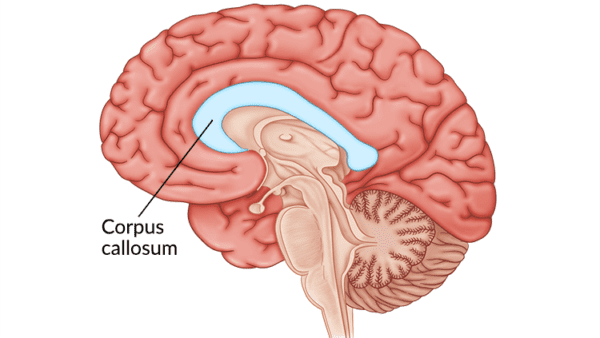Traumatic Brain Injury (TBI) is a leading cause of death and disability. It is most commonly graded using the Glasgow Coma Scale (GCS), assessed following the initial resuscitation and within 48 hours of injury. Severe is typically defined by a GCS score <9, while 9-12 represents moderate and 13-15 represents mild. [1][2] The Goal A […]
Articles
Introduction to EEGs
An EEG (electroencephalogram) is an important diagnostic tool in which electrodes placed on the scalp are used to measure the electrical activity on the surface of the brain. EEGs are primarily used in the diagnosis of epilepsy but can also be used in the diagnosis of other neurological disorders. This article will discuss the reasons […]
Surgical Management of Epilepsy
What is epilepsy? Epilepsy is a neurological disorder where abnormal electrical activity in the brain triggers seizures. Some epilepsy syndromes have a genetic component, while others do not. Usually, epilepsy is controlled with anticonvulsant medications, but sometimes these don’t work, for example in the case of drug-resistant epilepsy, so surgery might be offered to try […]
Raised Intracranial Pressure
Background Raised intracranial pressure (also called intracranial hypertension) is a condition where the pressure within the skull is higher than normal, exceeding 20mmHg(1). Normally, the total volume of the brain itself, cerebrospinal fluid (CSF) and blood within the skull should remain constant, and an increase in the volume of one of these components should lead […]
Introduction to Epilepsy
The aim of this article is to give you a broad overview of epilepsy, a neurological condition which affects around 600,000 people in the UK. This article will cover the definition of epilepsy, its symptoms and characteristics, and will discuss the basics of how epilepsy is diagnosed and managed. What is epilepsy? Epilepsy describes a […]


